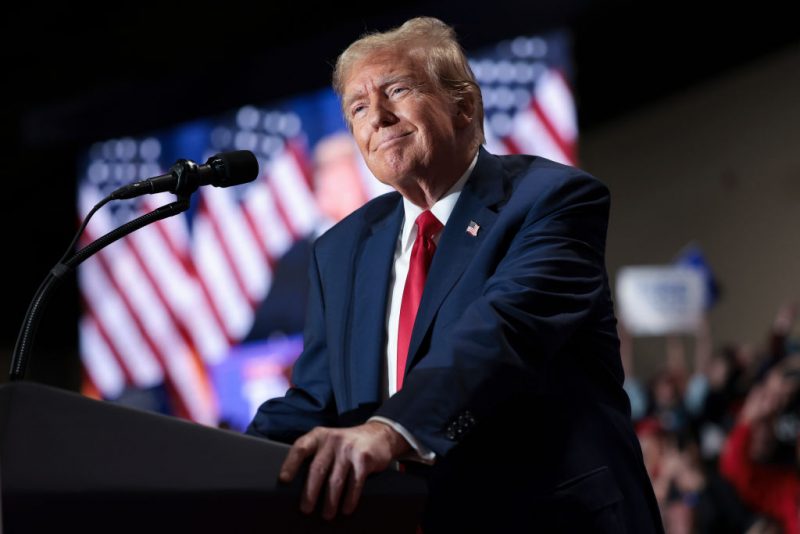The “elephant in the room.” A “red flag.” These are the terms a financial expert used to describe Democratic vice presidential nominee Kamala Harris’s “lack of conversation” on global trade and international economics.
To get straight to the point, there’s a reason Harris avoids discussions on these topics: she may not have the depth to define or discuss international economic policy, much less outline a plan for tackling these crucial issues if she’s elected.
Perhaps more concerning, her supporters seem unconcerned. Why? Their dislike of Donald Trump outweighs their focus on the country’s economic stability. Bryan Kuderna, author of What Should I Do With My Money?, told Fox that Harris’s refusal to address this issue, which impacts nearly every American across the political spectrum, is a “red flag” (emphasis added):
“There is a potential red flag there with Harris’s lack of conversation surrounding tariffs and really confronting China head on. She has been so quiet on any international economic theory, whether that’s to have tariffs, not to have tariffs, how we’re going to move forward the next four years in comparison to the other superpower, China, kind of the elephant in the room. She’s been very, very quiet on this.”
It’s not hard to understand. We’re talking about a candidate who often repeats vague phrases like:
“You know what? Let me say something about this. We are here because we are fighting for a democracy. Fighting for a democracy. And understand the difference here, understand the difference here, moving forward, moving forward, understand the difference here.”
Now, try to imagine having a substantive conversation with Harris about the intricacies of international trade and finance. Hard to picture? For most, yes—including Harris.
The real concern, as Kuderna noted, is her focus on domestic tax credits and government handouts instead of addressing the global economy that directly impacts all of us:
“If we step back and say, well, let’s just kind of see how things unfold. Let’s focus on America and helping young professionals, helping first-time homebuyers, things of this nature, that’s all well and good. But meanwhile, if that allows China and their economy to really become a bit more dominant, that can have long-term consequences to our global standing as No. 1.”
Silly word salads, superficial rhetoric, and canned laughter won’t cut it on the world economic stage. Does Harris care? It’s hard to say, but her attention to pandering, wealth redistribution, and her intense focus on Trump seem to overshadow the country’s broader economic needs.
Brian Albrecht, chief economist at the International Center for Law & Economics, admitted to Fox that Harris’s lack of focus is a serious issue as we look forward:
“[It is] a bit concerning that Harris has not brought out a more concrete plan about what she would do related to tariffs, international trade and immigration and things like that. But she’s in a hard spot. She needs to defend an administration which kept in basically every tariff that Trump put in.”
Yet while Harris repeats “we must turn the page” rhetoric over and over, she points fingers at Trump, sidestepping the impact of the Biden-Harris administration’s own policies.
Aggressive tariffs and open-border policies are issues for another article, but Harris’s support of unchecked immigration is hardly “good for our economy,” as she continues to suggest.
 Telegram is where we really talk. Don't miss out!
Telegram is where we really talk. Don't miss out!







